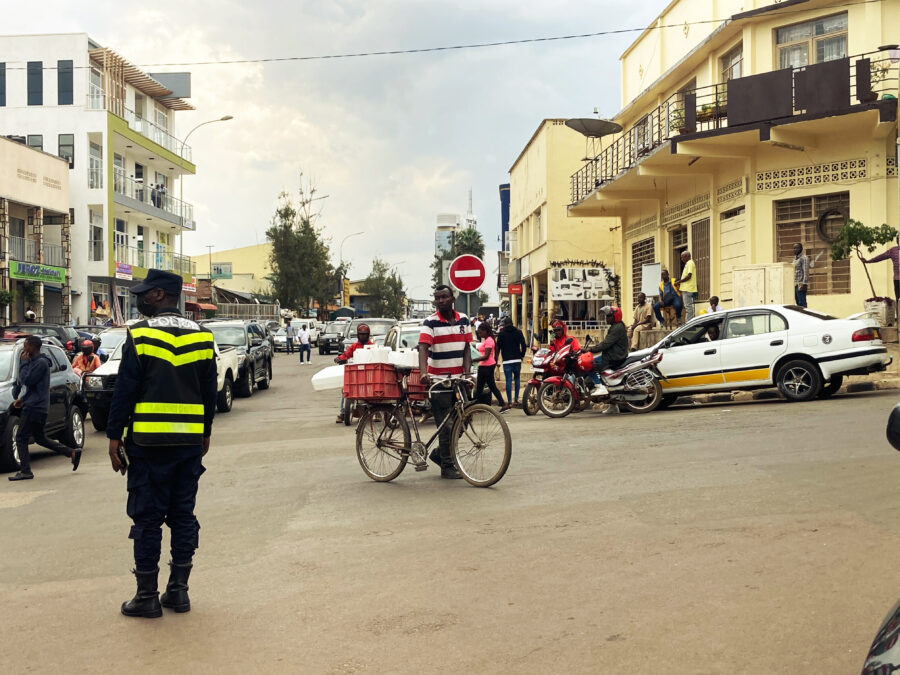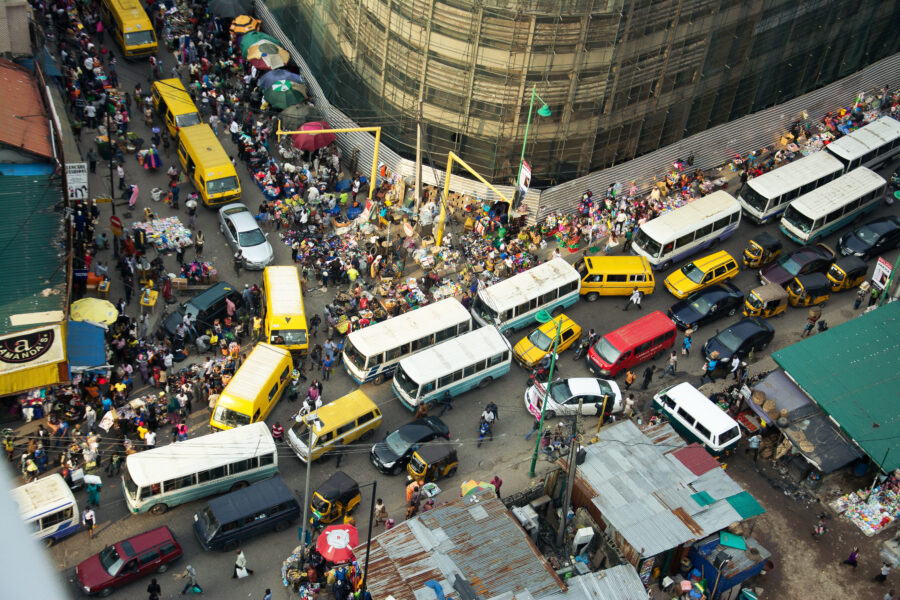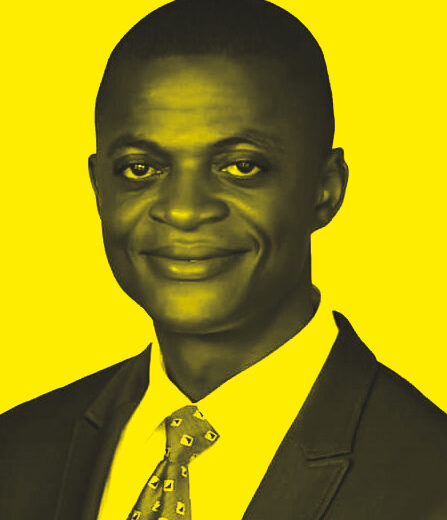6 min. read
Emmanuel John is a sustainable transport and road safety expert with 24 years of experience in urban transport and traffic safety both at government and NGO levels, holding a multitude of positions including the Presidency of Africa Urban Cycling Organisation, Board Member and Vice President (Africa), of the World Cycling Alliance, and CEO of Ochenuel Mobility. In 2022 he was named Bicycle Mayor of Abuja, Nigeria.
–
Everyday, 1 billion people across Africa walk and cycle in unsafe, and polluted conditions, to reach work, their homes, schools, and other essential services. What are some of the biggest actions that need to be taken to improve the conditions for active mobility on the continent?
Africa has a serious case of mobility infrastructure deficit in the face of poverty and disease, that is further compounded by astronomic population growth, urbanisation and urban slums. Whereas 85% of the urban population in Africa cannot afford a car, urban transport development has been auto-centric, creating the unsafe conditions that many now experience. City and transport systems are not built for people, and work against their wellbeing.
The solution to this is not just infrastructure modification. Some say the issue lies in the lack of policies, others say it is caused by limited funding; but it is really bigger than any of these. The greatest need is growth in the capacity and knowledge available to understand how to prioritise walking and cycling in African cities. It is only in the cities where there is existing knowledge or where capacity is improving that any progress is taking place.
This was why we, at Ochenuel Mobility, started the Africa Sustainable Urban Mobility Course: to strengthen the capacity and understanding of decision-makers, engineers, planners and stakeholders in the urban mobility value chain across Africa. If you want to change the system, you need to change the mind of the people who manage the system first. If the policy-maker knows enough and understands the value of active mobility, they will budget for it. If the road engineer knows enough and understands the societal value of active mobility, they will not accept an urban road contract that has no considerations for pedestrians and cyclists. We need strategic policy reform, and then funding to upscale infrastructure solutions that put cyclists and pedestrians first.

Image: Lucas Snaije
You are involved in a range of coalitions such as the Africa Urban Cycling Organisation, Africa Network for Walking & Cycling, the Pan-African Action Plan for Active Mobility, the Bicycle Mayor Network, among others. Can you expand on the importance of these coalitions and networks to achieve safer and more sustainable mobility?
These networks and coalitions play vital roles in facilitating knowledge exchange and general networking as the peer to peer learning experiences from the network platforms are generating the needed inspiration for change. My team, and indeed our cities, are practical beneficiaries of this. As I mentioned already, the crucial step that many African cities need to take is increasing capacity and understanding, and it is through communities of practice and network knowledge sharing initiatives that some of those seeds will be sown.
Your position as Bicycle Mayor of Abuja is one that directly supports urban communities, at the same time as interfacing with the local municipality. Could you speak about how you see connecting civil society and government as having potential to accelerate change for cities in Nigeria and beyond?
I have no doubt that becoming the Bicycle Mayor for the City of Abuja added to my impetus to upscale the work I am already doing for the urban space and communities. Today my team and I stand in between the people and the government at all levels to advocate and demand that the needs and wellbeing of vulnerable road users are prioritised ahead of
the automobile.
Since taking on the role of Bicycle Mayor, my team and I have intensified efforts, for instance, in establishing the Abuja Cycling Leaders Forum, which is now a platform for knowledge exchange for all cycling club leaders, advocates and activists, and government. We have also expanded our Open Streets Abuja volunteer platform and this has led
to funding support from development partners.
We shall change Abuja mobility narratives, one bicycle at a time. This is our vision.

Image: Opeyemi Adisa

